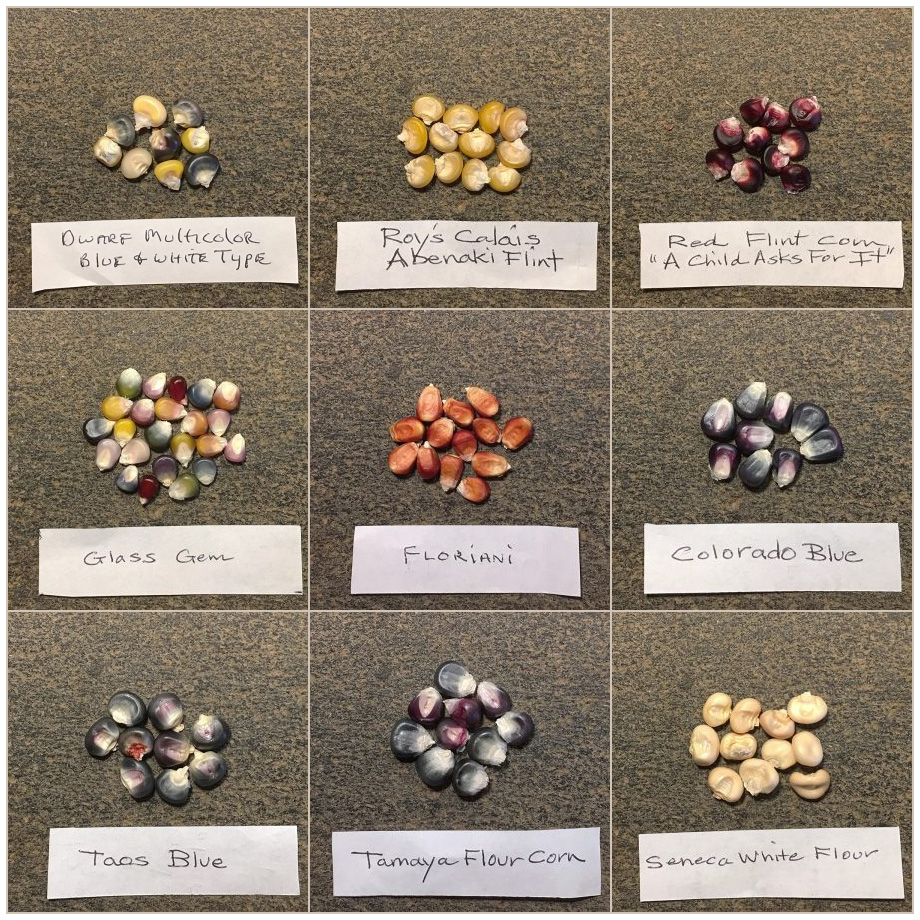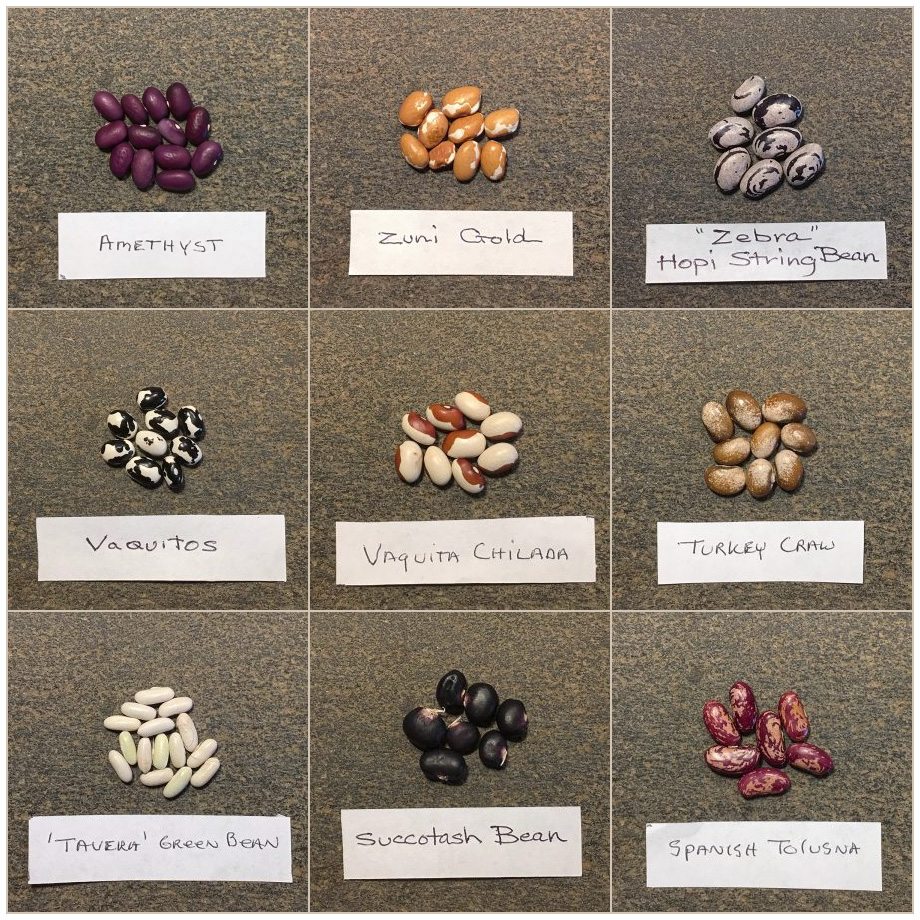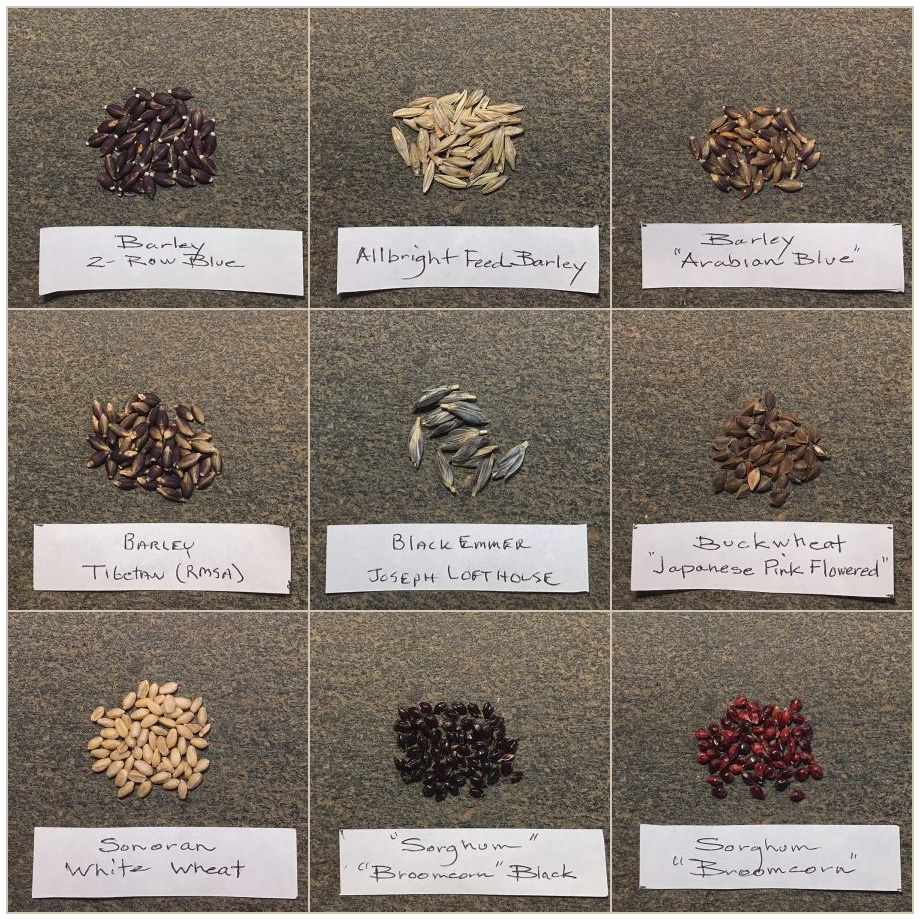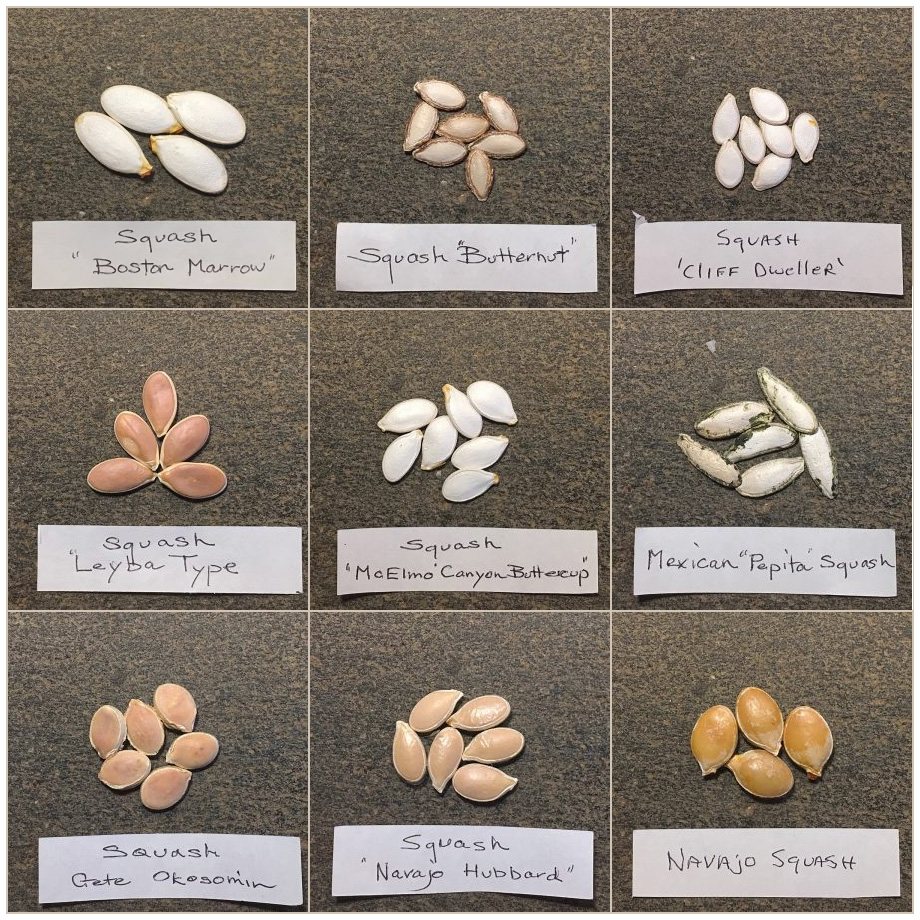Flordemayo
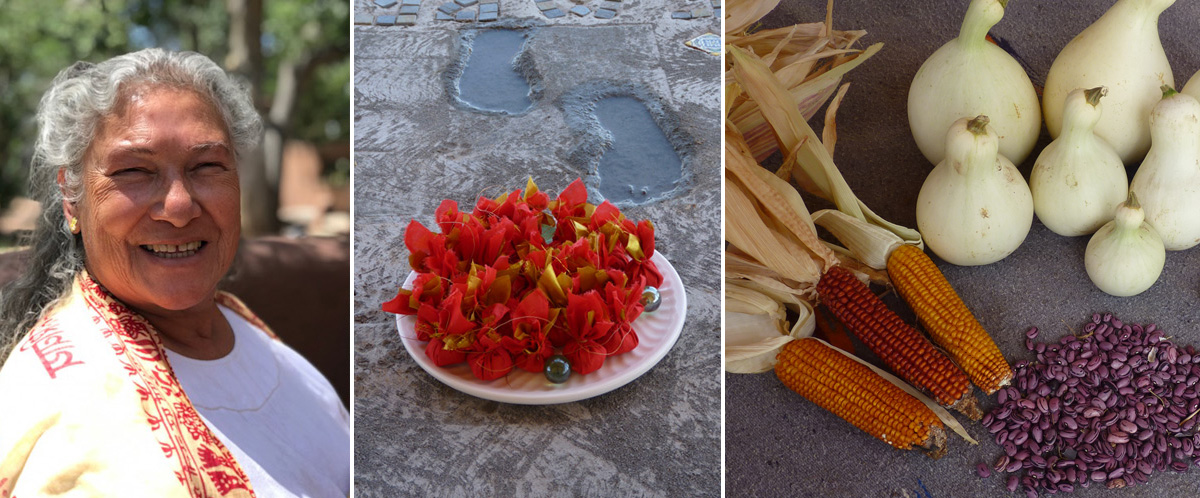
HONORING OUR ANCESTORS, SACRED ELEMENTS AND THE FUTURE GENERATIONS
The Importance of Seed Banks for Our Future
Click on tabs below to expand
There is a grave threat to the loss of the heritage seeds due to contamination from the genetically modified (GMO) seeds through cross pollination and misguided disuse by gardeners and farmers, which equates to the ultimate threat to a sustainable food supply.
Simply put, we need to preserve the seeds, as they are a living library. These crops were developed over centuries and millennia by farmers and their stories are woven into the cultural memory of the people that have grown them. Seeds that have been adapted for the different soils and climates of an area, with all their qualities and characteristics, are the result of generations of meticulous care and dedication. If we keep these seeds alive, we are keeping our heritage alive.
Seed banks protect and save plant genetic diversity, which is the most important reason for the protection of seeds. Just as human beings and animals are adapted to different conditions for survival, so are our crops. Different types of the same species exist due to this adaptive nature. Therefore, it is of critical necessity that such diversity is preserved.
Climate change is requiring adjustments to agricultural practices and may mean geographical shifts of the areas where specific crops can be grown. A diversity of crop seed kept available in seed banks can allow the farmers to better adapt to these changes.
Natural disasters, war, and other calamites cause crop losses and can also destroy seed supplies. Seed banks, along with the help of professional seed growers, can help farmers recover and plant again.
There are some distinct differences that one should be aware of when it comes to heirloom, hybrid and GMO plants. First, heirloom plants are the only ones that breed true. As mentioned earlier, this means the same characteristics are passed on from generation to generation. The same cannot be said for hybrid and GMO. Hybrid plants are produced when different varieties of plants are cross-pollinated, which can happen with or without human intervention. Because there are different varieties of plants involved, it can’t be guaranteed that the offspring of hybrid plants produces identical traits as the parent plant.
Both heirloom and hybrid plants can be viewed as natural occurrences. GMO plants, on the other hand, can only be produced using unnatural methods such as gene splicing. Scientists essentially modify a seed’s DNA to ensure the resulting plant produces the desired traits and characteristics. A common example of a GMO plant is Bt-Corn.
Seeds kept in modern seed banks contain a treasure trove of useful genes that plant breeders can use for developing improved varieties of our major food crops, improving resistance to current and emerging plant diseases, insects, and environmental stresses.
Many older varieties of crops are longer being grown due to the standardization of commercial crop seed and farming practices. Larger seed companies are buying out smaller ones, and are removing many old varieties from circulation, in favor of more profitable strains. Seed banks that preserve the older traditional varieties allow us to continue to choose the seed we can grow to produce our food supply.
SEED PHOTO GALLERY
Seeds are stored in a temperature and humidity controlled seed vault which ensures their well being.
Thank you for your on-going financial support to ensure our work continues.
“These are the seeds that sing”
Carl Barnes
SEED KEEPERS

LEE-ANN HILL
Lead Seed Keeper at The Path
“Simply put, we need to preserve the seeds, as they are a living library. These crops were developed over centuries and millennia by farmers and their stories are woven into the cultural memory of the people that have grown them. Seeds that have been adapted for the different soils and climates of an area, with all their qualities and characteristics, are the result of generations of meticulous care and dedication. If we keep these seeds alive, we are keeping our heritage alive.
The lineages of these seeds have a ‘soul’ in a sense, intimate with the peoples that have planted them. In our current time, modern technology has gone beyond traditional plant breeding into artificial genetic modification, primarily for a profit and control motive, taking out the ‘soul’ of the seeds. Seed saving and preservation is our defense against this and provides a bridge for us to cross through these challenging times.”
